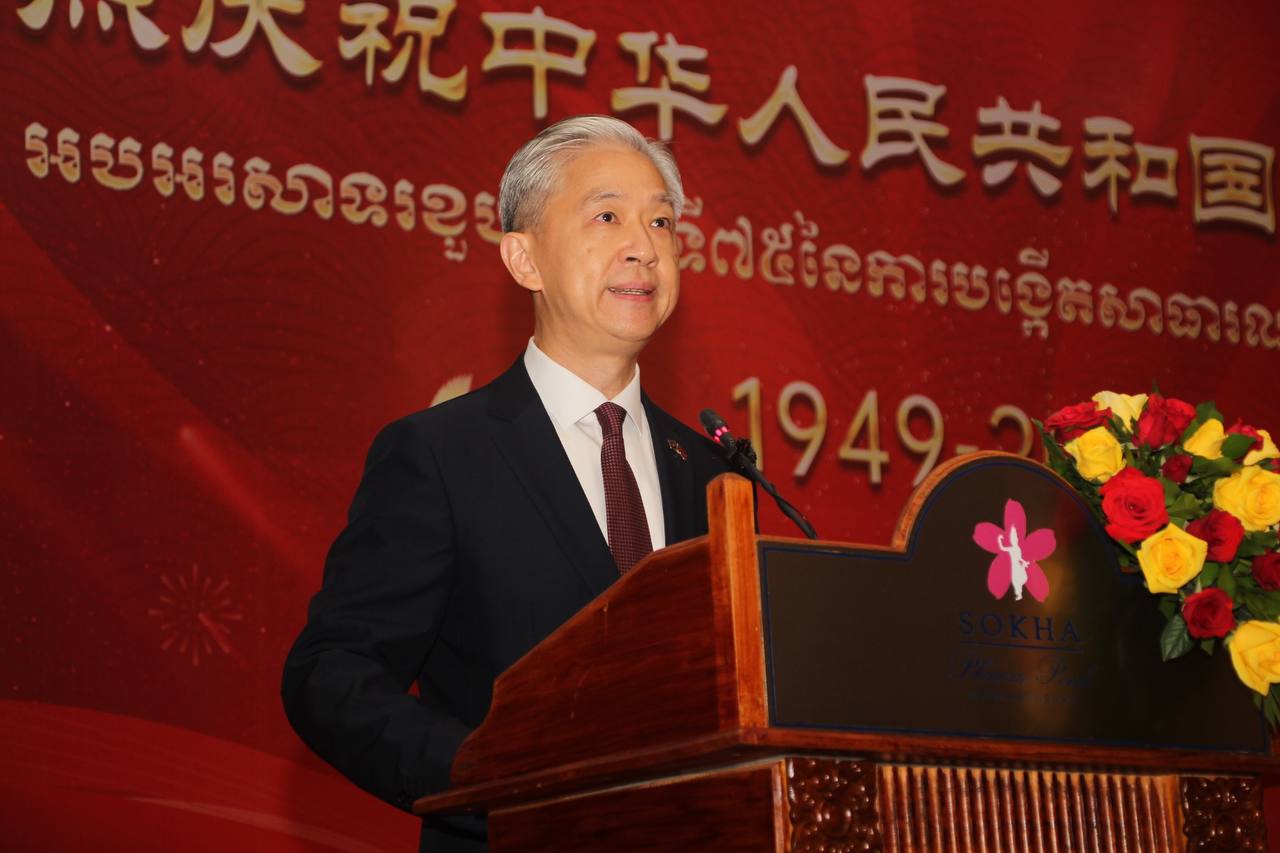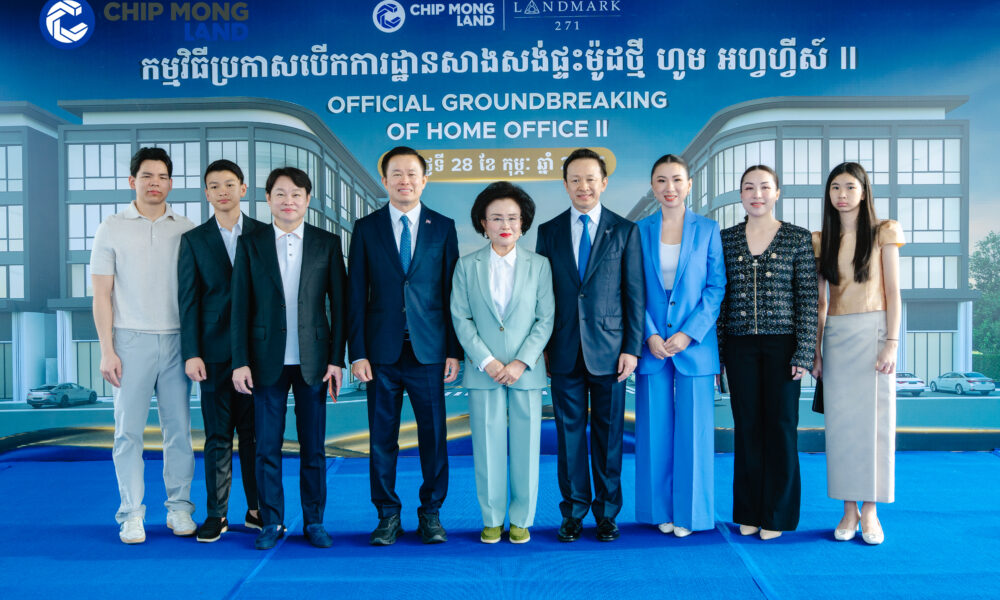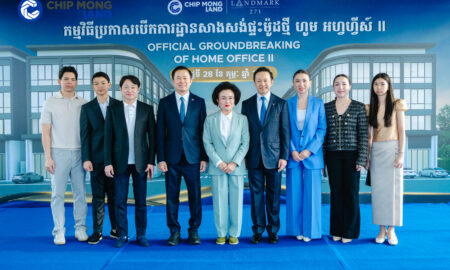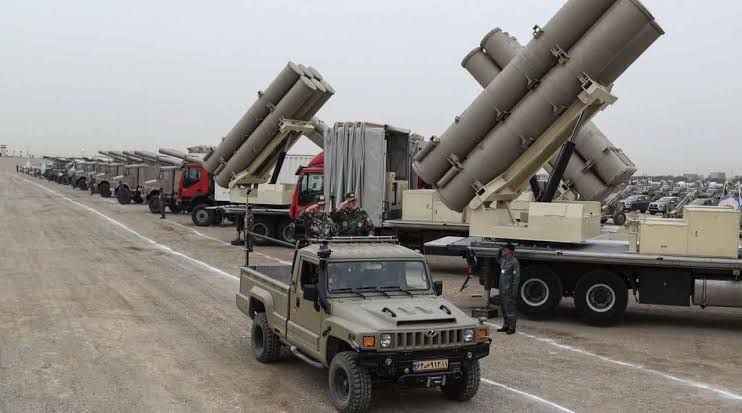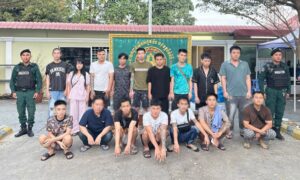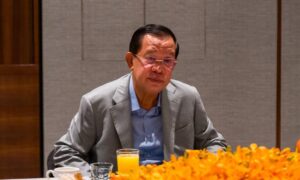For quite some time, certain countries, driven by ulterior motives, have been deliberately distorting and challenging United Nations General Assembly (UNGA) Resolution 2758, trumpeting the notion that “Taiwan’s status is undetermined”, blatantly distorting facts and falsifying history while trampling on international law and basic norms governing international relations. In view of this, I would like to share some basic facts with our Cambodian friends from all walks of life, so as to help you have a clearer and more comprehensive understanding of the one-China principle.
1.Basics of UNGA Resolution 2758
On Oct. 25, 1971, the 26th session of the U.N. General Assembly adopted “Restoration of the Lawful Rights of the People’s Republic of China in the United Nations”, namely Resolution 2758, with an overwhelming majority. It states in black and white that the General Assembly, “recognizing that the representatives of the Government of the People’s Republic of China are the only lawful representatives of China to the United Nations and that the People’s Republic of China is one of the five permanent members of the Security Council, decides to restore all its rights to the People’s Republic of China and to recognize the representatives of its Government as the only legitimate representatives of China to the United Nations, and to expel forthwith the representatives of Chiang Kai-shek from the place which they unlawfully occupy at the United Nations and in all the organizations related to it”.
Resolution 2758 resolved once and for all politically, legally and procedurally the issue of the representation of the whole of China, including Taiwan, at the United Nations. It made clear that there is only one China in the world and that Taiwan is not a country but a part of China’s territory. Also made clear is that there is only one seat of China in the UN, and the Government of the People’s Republic of China is the sole legal representative, precluding the possibility of “two Chinas” or “one China, one Taiwan”.
2.Falsehood of “Taiwan’s status is undetermined”
Certain countries, while crystal clear about the historical and legal facts that Taiwan is a part of China, spared no efforts to trumpet the false notion that “Taiwan’s status is undetermined” together with separatist forces for “Taiwan independence”, violating time and again their own commitment not to support “Taiwan independence” or “two Chinas” or “one China, one Taiwan”. Such ill-intentioned distortion and challenge of Resolution 2758 challenges the post-war international order, reflecting selective approach to international law and outright bullying.
Before adoption of Resolution 2758, Taiwan being an part of China is already a historical fact and international consensus. It has been an inalienable part of China’s territory since ancient times, with sound basis in history and jurisprudence. The 1943 Cairo Declaration and the 1945 Potsdam Proclamation clearly stipulated that Taiwan, a Chinese territory stolen by Japan, shall be restored to China. In Oct.1945, the Chinese government announced resuming the exercise of sovereignty over Taiwan, with the acceptance ceremony of Japan’s surrender in Taiwan Province of the China war theater of the Allied powers being held in Taibei (Taipei). From that point forward, China had recovered Taiwan de jure and de facto through a host of documents with international legal effect.
In October, 1949, the People’s Republic of China (PRC) was founded, with remnants of Kuomintang (KMT) regime headed by Chiang Kai-shek retreated to Taiwan. The new government replaced the previous KMT regime in a situation where China, as a subject under international law, did not change and China’s sovereignty and inherent territory did not change. As a natural result, the government of the PRC should enjoy and exercise China’s full sovereignty, which includes its sovereignty over Taiwan. Resolution 2758 settles that the Government of the People’s Republic of China is the sole legal representative of the whole of China, with Taiwan, a province of China included. It is not necessary to specifically mention Taiwan the same reason there is no need to mention Guangdong or Fujian or any other provinces of China. If Taiwan’s status is undetermined, why expel the representatives of Chiang Kai-shek? Why has Taiwan’s economic output been counted as part of China’s GDP when calculating China’s scale of assessment in the United Nations?
We firmly believe that in face of clear historical facts and legal conclusions, all words and deeds that distort and challenge Resolution 2758 will be futile. Any efforts to separate Taiwan from China or use Taiwan to contain China are doomed to fail.
3.Supporting One-China Principle: Where the Public Opinion Trends and the Arc of History Bends
Since the adoption of Resolution 2758, the UN Secretary Generals and their spokespersons have made it clear when expressing their stance on Taiwan that the United Nations is guided by Resolution 2758 and adheres to the one-China principle. The UN Office of Legal Affairs has issued multiple legal opinions stating very clearly that “the United Nations considers ‘Taiwan’ for all purposes to be an integral part of the People’s Republic of China”, “the United Nations considers ‘Taiwan’ as a province of China with no separate status”. Resolution 2758 is a decision made by the UN General Assembly and must be observed by all member states. This is the requirement of the United Nations Charter, the written commitment made by all countries upon joining the UN, and also an obligation that all UN member states must fulfill.
The one-China principle is also the fundamental prerequisite and political foundation for China to establish and develop relations with all other countries. Over more than 50 years since the adoption of the resolution, 183 countries have established diplomatic relations with the People’s Republic of China on the basis of the one-China principle, fully showing that supporting the one-China policy is where the public opinion trends and the arc of history bends.
Cambodia resolutely adheres to the one-China policy and firmly support China’s efforts to achieve national reunification. Samdech Techo Hun Sen publicly called on all countries to respect China’s sovereignty, emphasizing that Taiwan is a province of China and some countries’ attempt to separate Taiwan is “adding fuel to the flames”, endangering regional peace and stability. Prime Minister Hun Manet pointed out, “Out of 193 U.N. member states, more than 180 recognize the one-China principle, including the United States. There is nothing wrong with Cambodia’s adherence to the one-China principle”. China highly appreciates Cambodia’s firm stance and fully support Cambodia’s efforts to safeguard its sovereignty, independence and territorial integrity, and pursue of a development path suited to its national conditions. We stand ready to work with Cambodia to continue to staunchly support each other on our core interests, and firmly safeguard international fairness and justice, with a view to jointly setting an example of building a community with a shared future for mankind.


